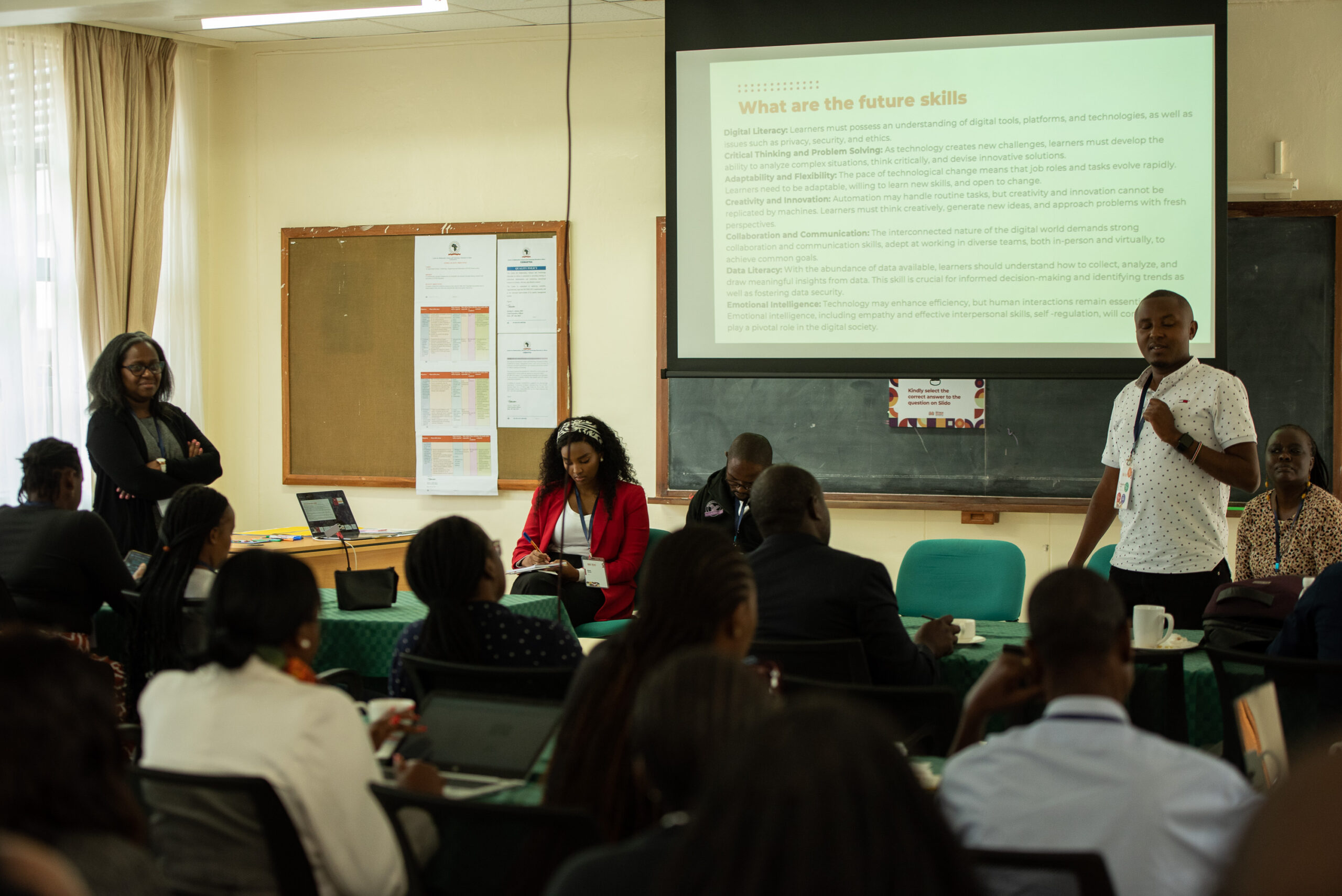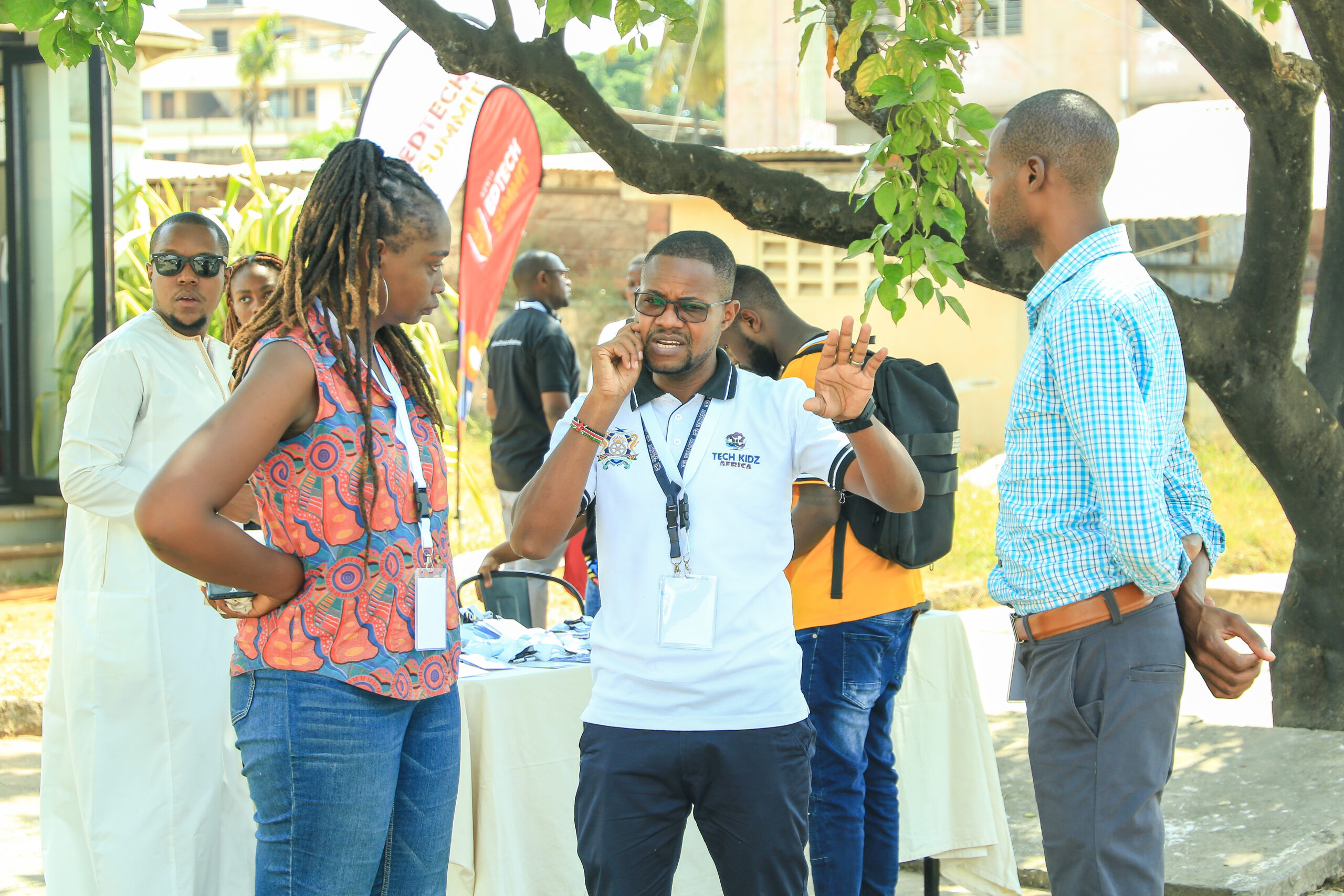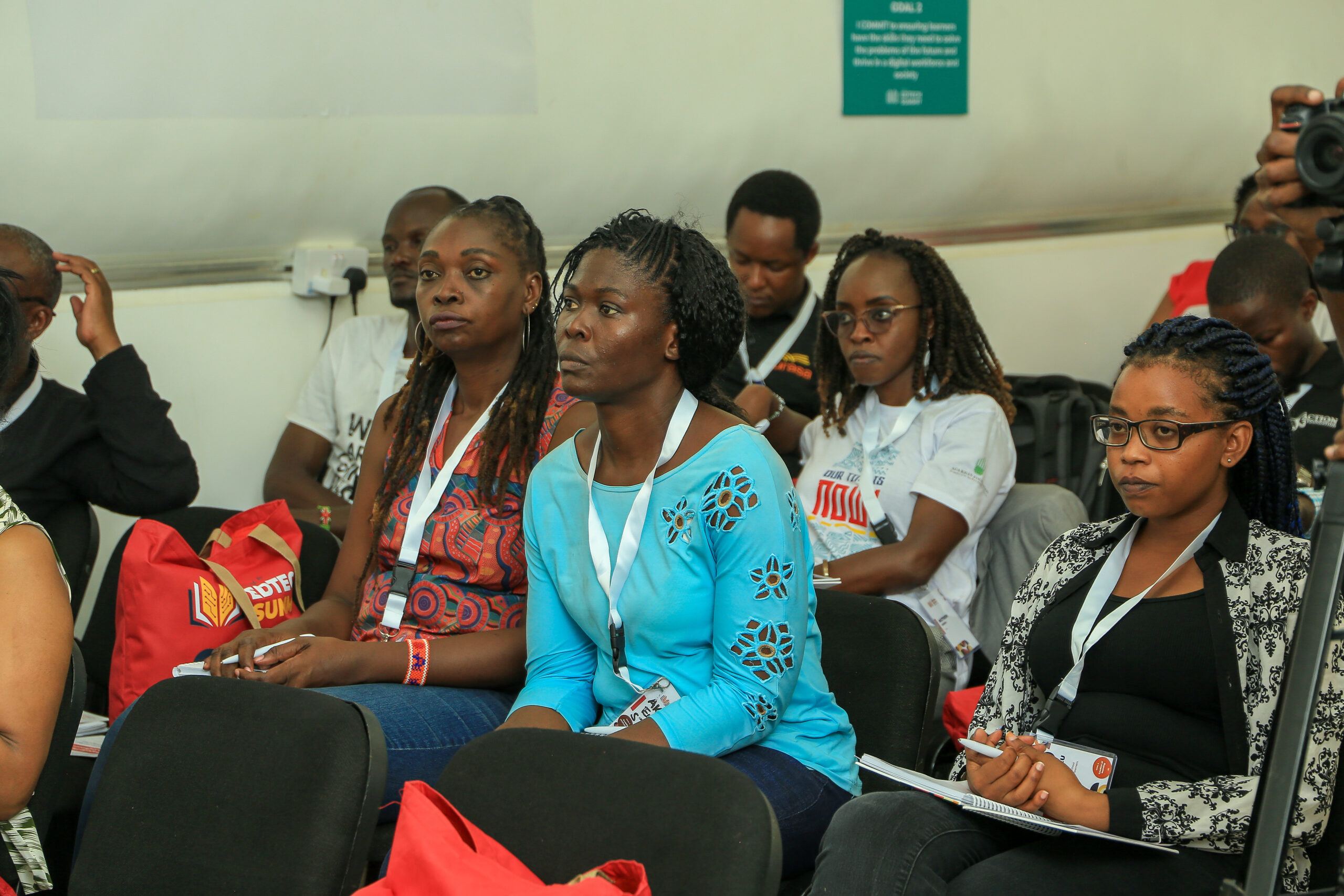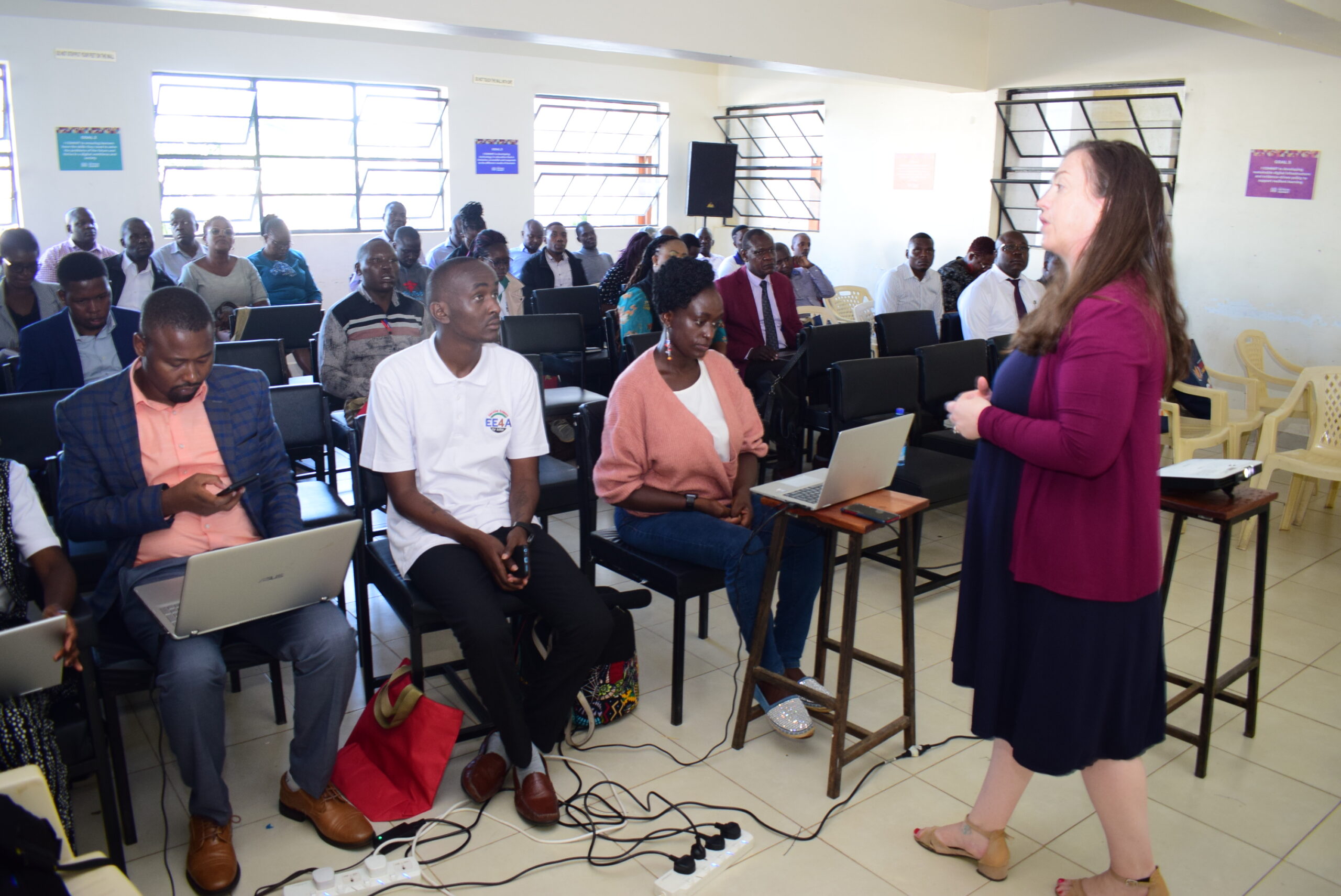By Nancy Marangu, Communication and public policy analyst
The Kenya EdTech Summit 2023, would not have been complete without delving into the concerns of ensuring learners have the requisite skills to thrive in the current digital workforce. This is with the appreciation of the dynamic landscape of the 21st century. I had the privilege of attending the Collective Action Workshop on Goal 2 at the Kenya EdTech Summit. Goal 2 of Kenya’s EdTech Collective Action Agenda is to Ensure learners have the skills they need to solve the problems of the future and thrive in a digital workforce and society.

Whereby the traditional face of education is undergoing a profound transformation, evolving into dynamic learning ecosystems that cultivate adaptability, innovation, and the paramount ability to innovate. Acknowledging the pivotal role of education in national development, Kenya has embarked on a transformative journey, placing substantial emphasis on nurturing problem-solving skills among learners to thrive in an era dominated by digital advancements.
To this end, the government has invested in seeking to understand the education industries better, including their market structures and innovation processes, to create a more mature relationship with the education sector. This is with the appreciation that the innovation in the industry – which develops the products and services that could drive innovation in schools – does not happen in isolation from what is happening in the education sector. It is only when there is an innovation-friendly culture in education systems, supported by an innovation-friendly business environment and policies, will industries start to engage in risk-intensive research and development.
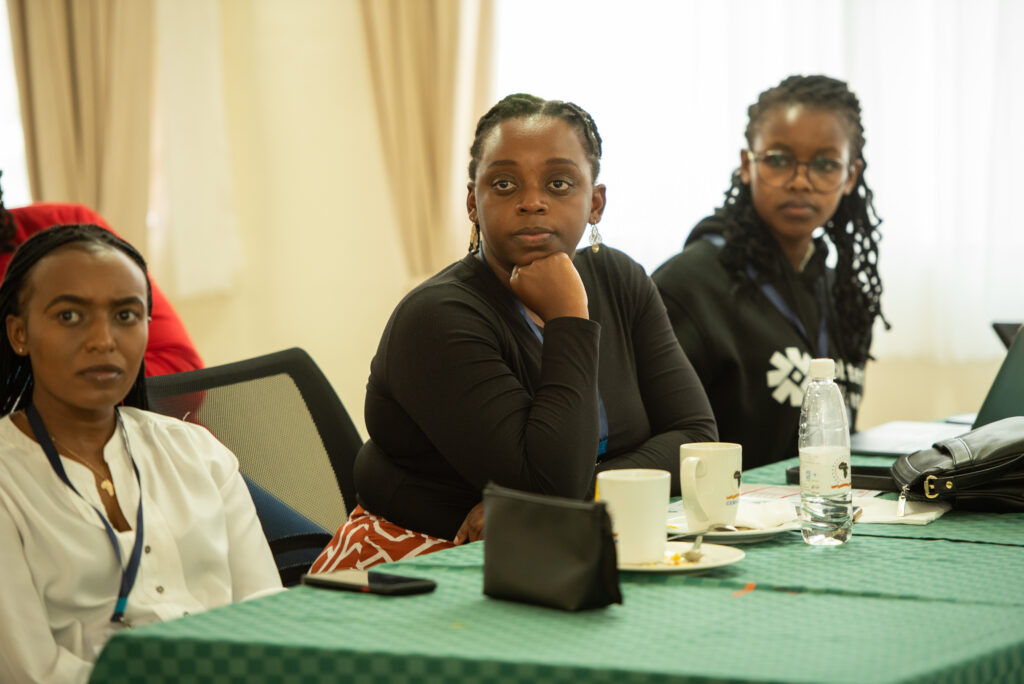
Repackaging STEM: A Keystone of Transformation
At the heart of this educational transformation lies the repackaging of STEM (Science, Technology, Engineering, and Mathematics) education and training – a flagship project integral to Kenya Vision 2030. The ambitious endeavor is poised to cultivate experiential learning, innovation, and creativity while magnetizing learners toward STEM-related disciplines. The fundamental objective is to harmonize comprehensive programs in education, training, research, and development, alongside nurturing innovation in science and technology at all educational levels. The Ministry of Education, as outlined in the Sessional Paper No. 1 of 2019, is ardently executing its role in equipping all learners with fundamental STEM literacy. This proficiency is pivotal in enabling them to navigate and excel in a rapidly transforming world. Furthermore, the initiative aims to bridge the skills gap by ensuring an adequate supply of skilled labor in STEM fields, which is fundamental for technological advancements and robust economic growth.
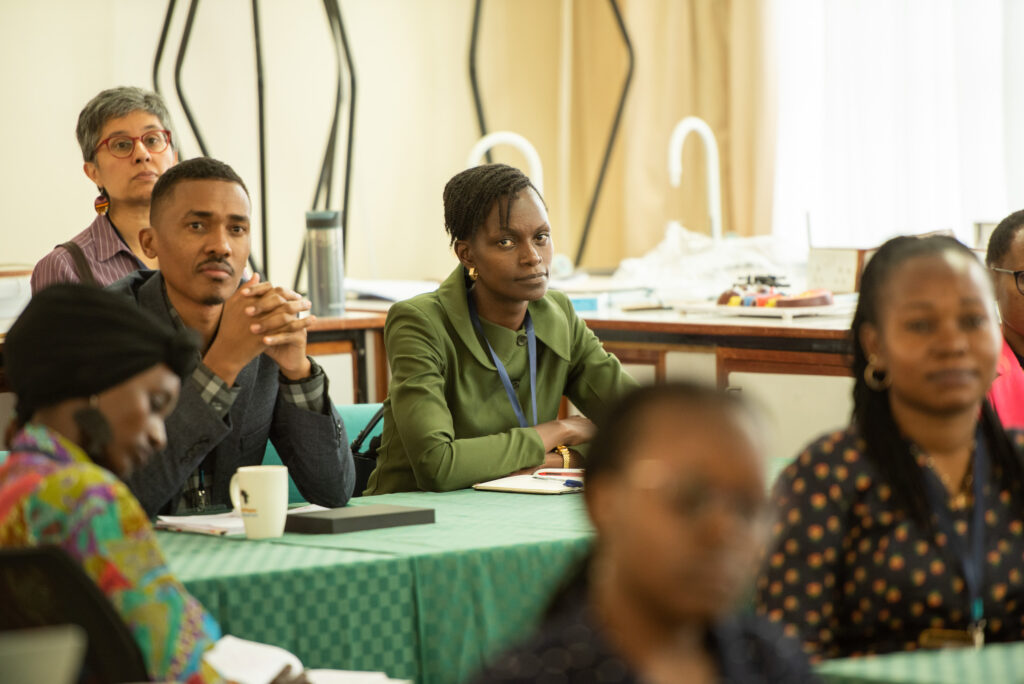
One 2023 Kenya EdTech summit participant who sought anonymity, argued that educational innovations can improve learning outcomes and the quality of education provision. For example, changes in the educational system or in teaching methods can help customize the educational process. The participant further noted that new trends in personalized learning rely heavily on new ways of organizing schools and the use of information, communication, and technology. They also added that innovations could help enhance equity in the access to and use of education, as well as equality in learning outcomes.
According to Michael Mumbo of Edutab Africa, STEM ought to also embed entrepreneurship education to ensure learners can cultivate entrepreneurial skills through problem-solving activities and contextual learning based on interactive projects and games. By contrast, entrepreneurship education for upper secondary school students and young adults is more typically based on providing information and developing the practical knowledge and skills needed to run a business.
Accordingly, Eng. Juma Robert, another participant, said that there is a need for sustained public investment in an efficient system of knowledge creation and diffusion: most of the key technologies in use today, including the Internet and genomics, have their roots in public research, illustrating how essential public investments are.
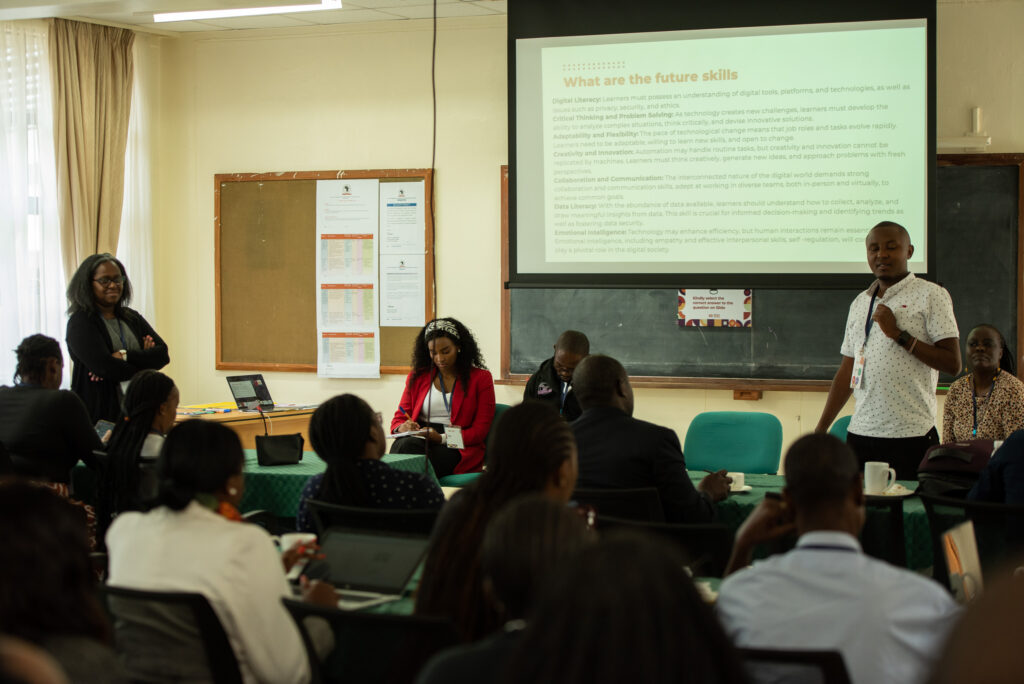
At a time when the world economy faces many long-term challenges, public investment needs to focus on durable benefits, rather than short-term outcomes. Support for business innovation should be well-balanced and not overly reliant on tax incentives. Incentives should be complemented with well-designed, competitive grants that can be better suited to the needs of young innovative firms and can also be focused on the areas with the highest impact.
Increased access and participation in the digital economy: digital technologies offer a large potential for innovation, growth, and greater well-being. However, policy action is needed to preserve the open Internet, address privacy and security concerns, and ensure access and competition. Digitally enabled innovation requires investment in new infrastructure such as broadband, but also in ensuring there will be enough spectrum and Internet addresses for the future.
